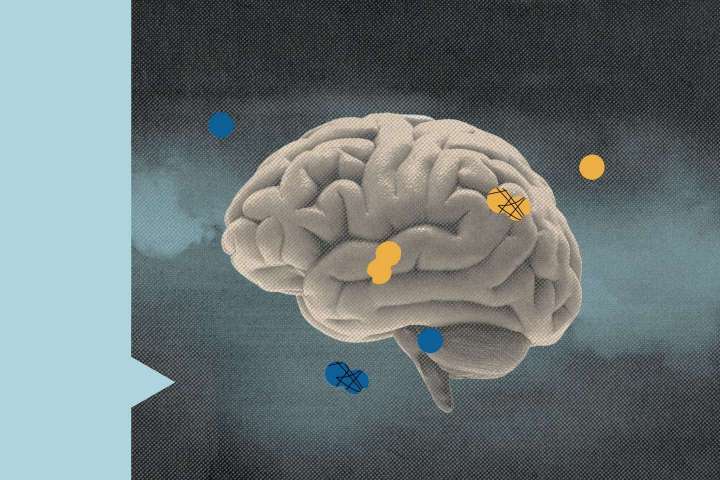Hi Sahaj: I am 25, and I feel like I am behind on everything. I am halfway through a master’s program that I enjoy and yet when people ask me what I am going to do with it, I don’t know. I feel like I don’t have a career set or even started. It gives me anxiety just thinking about how lost I feel and the pressure to have my life figured out. After I see someone my age share milestones or news (moving away, buying a house, getting engaged/married/pregnant, a promotion), I feel like there isn’t anything exciting happening to me in comparison. I know comparison is the thief of happiness, but I am 25 and feeling like I’m 20, still trying to figure things out.
Ask Sahaj: I don’t know what to do with my career or the rest of my life

I just want to do what I enjoy and be happy with the path that I am on, see what happens as time goes on, and let life do its thing. But, I am an anxious planner and overthinker.
Do I follow a passion or hobby? Do I jump from job to job to see what I like? Do I go with the easiest career I can think of but won’t excite me? How can I put the pressure aside so I can enjoy my life and be okay with where I am at and what I am doing?
— Feeling Behind
Feeling Behind: You are stuck in a cycle where you are not sure what your next step is so you are anxious, and you feel anxious so you stress over what your next step is. This is normal.
Our mid-20s can be hard! I didn’t really figure out my career path until I was 30. And at that point, I had already spent about seven years in one career only to leave it to pursue a different one that required going back to school.
From my personal and professional experience, I can tell you that life does not progress in a linear fashion. Instead of imagining life as being put on a train that makes all these preapproved stops, consider that you voluntarily are getting on a train, and making pit stops along the way. You may stay at certain stops longer than others, but each previous stop will always inform the next one.
I encourage you to reflect on where the narrative of “being behind” comes from. It’s important to consider cultural factors, social media, family expectations, and gender as contributors to this internalized narrative.
In my work, I see a pattern of people chasing the next thing, which can only emphasize the feeling that what we are doing now is not enough. You speak of peers moving out, getting promoted, getting married, or having babies. Do you even want these things? Do you think getting your master’s degree is not celebratory?
When everyone constantly shares good things online these days, it’s easy to be convinced that everyone else has it better or more figured out than you. But we don’t know the entire picture of other people’s lives; we only know what they share with us. We know everything about our own lives, including the messy bits, which is why the playing field is uneven. Just because you can’t see it, doesn’t mean others aren’t also grappling with the same questions as you.
The directionlessness and paralysis in decision-making you are describing sound like your own version of the quarter-life crisis. You’ve spent the majority of your life pursuing education, and have been held accountable by external expectations and schedules. Now, you are about to close this door, only to have to decide which next door to open. It makes sense that you feel anxious. But here’s the thing, the door you walk through next doesn’t need to be permanent. You can change your mind.
There are many versions of our lives that can exist, and this existential realization can be paralyzing. But it’s also exciting because with uncertainty comes opportunity.
As a student, you have access to the counseling center, and to career services — like career coaching and workshops. You also have access to an alumni database that may be useful in conducting informational interviews with people who have graduated with your exact degree to learn more on how they utilize it. Right now you are feeling lost, but there are others who have been where you are. Reach out to them.
There’s no shortcut to figuring things out in life. While you may want to have more understanding on what you want and how you’ll get there, remember that it is just as important to know what you don’t want, too, and a lot of that comes from trying, doing and experiencing.
Sahaj Kaur Kohli, creator of Brown Girl Therapy and a mental health professional, is answering questions about identity, relationships, mental health, work-life balance, family dynamics and more. If you have a question for her, please submit it here.






